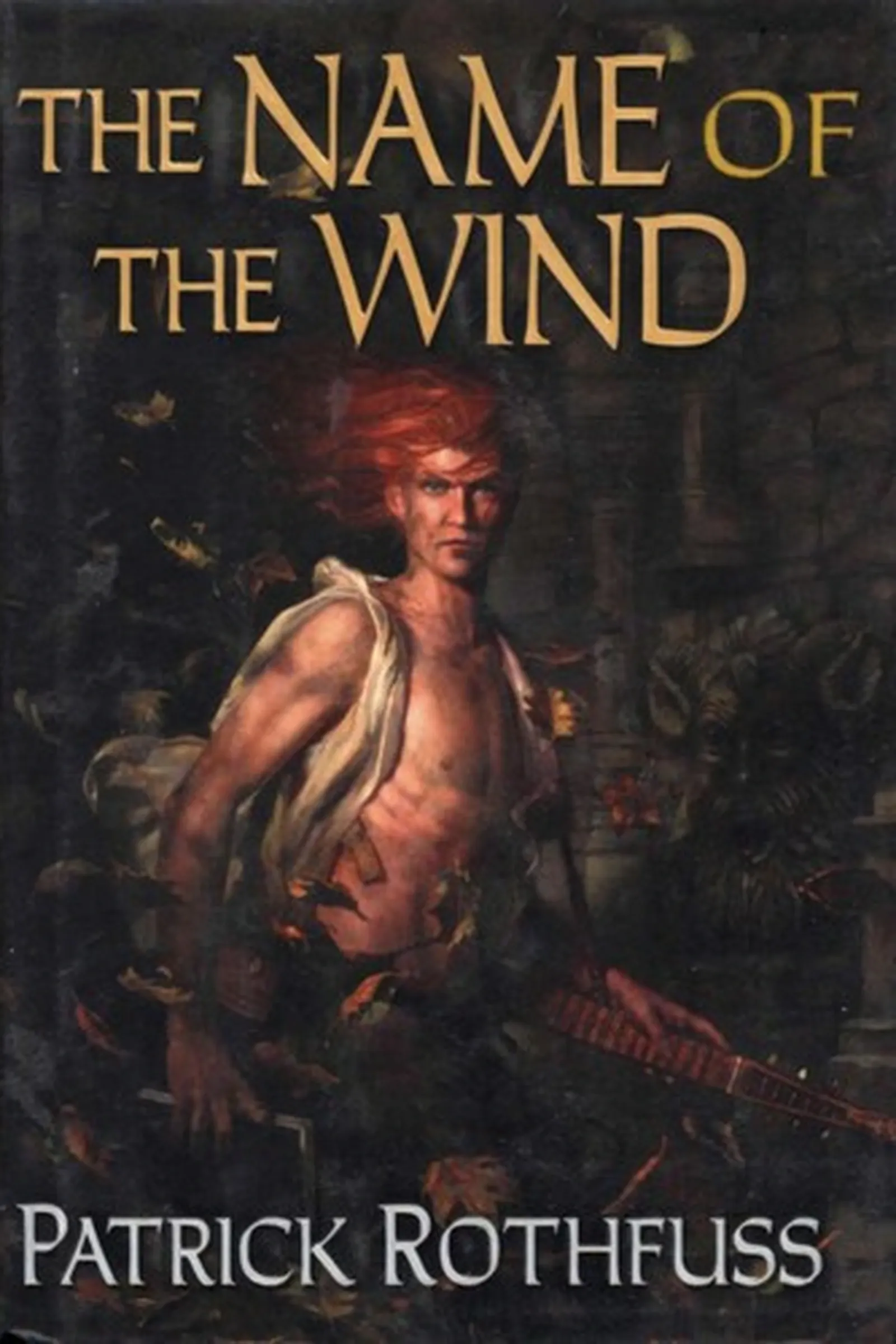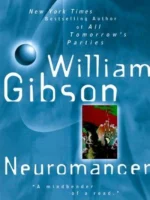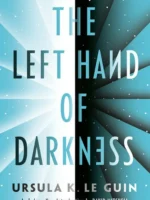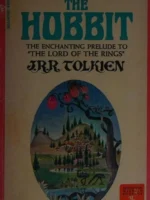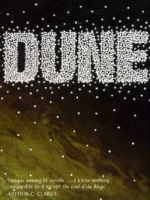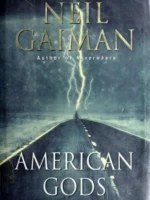The Name of the Wind, Patrick Rothfuss, 2007
- Author: Patrick Rothfuss
- Genre: Sci-Fi/Fantasy
- Publisher: DAW Books
- Publication Year: 2007
- Pages: 662
- Format: Paperback
- Language: English
- ISBN: 978-0756404741
- Rating: 4,6 ★★★★★
The Name of the Wind Review
About
Published in 2007, Patrick Rothfuss’s The Name of the Wind revitalized epic fantasy with lyrical prose and emotional precision. The book’s strength lies not in battles or prophecies but in voice—the story of a gifted boy becoming a legend told by the man behind the myth. Rothfuss combines the intimacy of memoir with the grandeur of myth, creating a world that feels as much like memory as invention.
Overview
The novel is framed as a story told by Kvothe, an infamous hero turned humble innkeeper, recounting his life to a traveling chronicler. The tale begins with his childhood among traveling performers, follows his years as a beggar, and then his education at the University, where he learns magic (“sympathy”) and music with equal devotion. Kvothe’s brilliance and arrogance earn him both allies and enemies, especially the wealthy Ambrose and the mysterious Chandrian—beings linked to his parents’ murder. The narrative flows between adventure and introspection, balancing wonder with weariness.
Summary
(light spoilers) Kvothe’s story begins with tragedy—the massacre of his troupe—and survival on city streets that test his pride and genius. His admission to the University marks both triumph and torment; he dazzles teachers while scraping for tuition and dignity. His discoveries about the nature of magic and the hidden language of the world—the “true names” of things—hint at deeper power. Between duels, debts, and a dangerous romance with the elusive Denna, Kvothe becomes both student and myth in progress. The frame narrative reminds us he’s telling this story in exile, haunted and diminished, suggesting that greatness and ruin are closer than they seem. The book closes not on closure but on promise—the calm before the next chapter of legend.
Key Themes / Main Ideas
• Storytelling — truth as performance, memory as magic.
• Genius and pride — brilliance shadowed by self-destruction.
• Knowledge and power — curiosity as both salvation and sin.
• Love and longing — affection shaped by distance and idealization.
• Mythmaking — how legends grow from flawed beginnings.
Strengths and Weaknesses
• Strengths — Gorgeous prose, immersive world-building, and an unforgettable narrative voice.
• Strengths — The structure—story within story—gives emotional depth and mystery.
• Weaknesses — The pacing lingers in minutiae; some threads remain unresolved by design.
• Weaknesses — Denna’s portrayal frustrates some readers, though her elusiveness mirrors Kvothe’s own blindness.
Reviewed with focus on themes, audience, and takeaways — Patrick Rothfuss
| pa_author | Patrick Rothfuss |
|---|---|
| ISBN | 978-3-254-80227-4 |
| pa_year | 1979 |
| Pages | 421 |
| Language | English |

